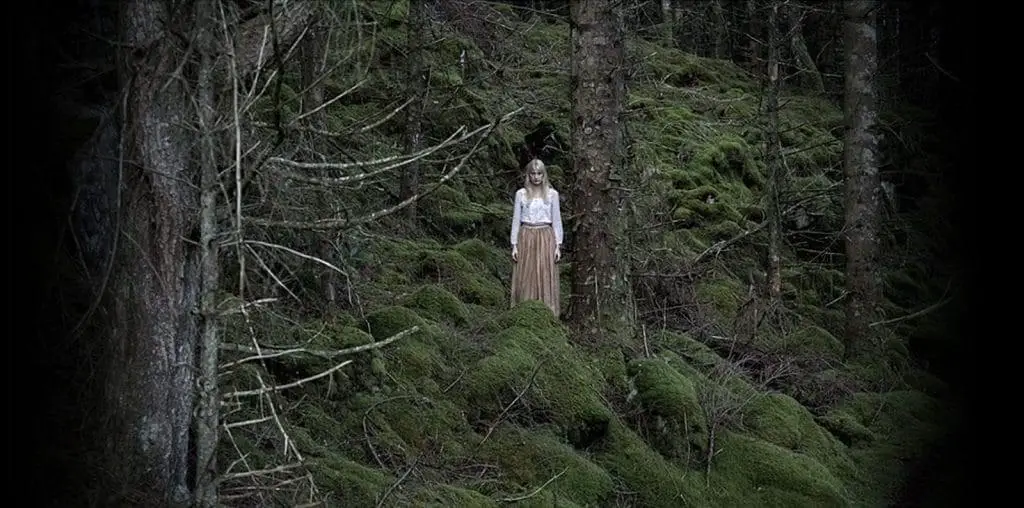
There have been at least three-dozen film and television productions based on the Charles Dickens novel “Oliver Twist,” ranging from faithful adaptations of the original text to fanciful interpretations with such unlikely alternative casts as cheery animated dogs and morose gay hustlers. It is difficult to imagine what inspired Roman Polanski to try his hand at this oft-filmed tale. Judging by his new “Oliver Twist,” it appears nothing inspired him at all.
“Oliver Twist” is a handsomely produced but emotionally inert offering. It has all of the visual trappings one associates with “Masterpiece Theatre” or the Merchant-Ivory canon, but its heart and soul are nowhere on screen. It is a film where art direction triumphs but genuine art remains elusive.
One main difference in this version is the notion of giving Fagin a softer demeanor than previous film versions allowed. Ben Kingsley turns the corruptor of runaway youth into a genuinely sympathetic being. He comes across as a nutty old grandfather who sincerely loves the children he exploits, which cancels out the harsher elements of the character’s original personality, and it makes his character’s fatal end feel like an acute miscarriage of justice. While the make-up artists worked overtime to create a repellant visage for the character, Kingsley gives such a strong performance that his character’s unlikely heart of gold makes him tragic rather than loathsome. This may not be what Dickens had in mind, but it is fascinating to behold.
But Kingsley’s powerful acting is not matched elsewhere in the cast. Jamie Foreman is the least fearsome Bill Sykes to march across any screen — he seems more petulant than predatory, and his lack of physical menace makes him seem like a nasty windbag rather than a brutal bully. Leanne Rowe’s Nancy is also too weak to make an impact, and she totally fails to project either the doomed devotion to Bill or the belated allegiance to Oliver that seals her fate. The young actors, lead by Barney Clark’s Oliver and Harry Eden’s Artful Dodger, have no personality to speak about, and they are so clean-cut and well-scrubbed that it appears they belong in another movie.
Where “Oliver Twist” triumphs, however, is in the physical production. Kudos are in order for Pawel Edelman’s cinematography, Allan Starski’s production design, Jindrich Koci’s art direction, Jille Azis’ set decoration, and Anna B. Sheppard’s costume designs. The film brilliantly evokes the feel of Victorian England, ranging from the squalor of the filthy London to the pastoral splendor of the countryside. But the glory of the film’s visual style is often blunted by Rachel Portman’s heavy-handed score. Portman’s music literally suffocates each scene where it intrudes, creating an acoustic imbalance from start to finish. The film is lovely to look at, but you can’t help wishing someone would lose the soundtrack.
“Oliver Twist” will appeal to those who love to watch movies for the sets, costumes and cinematographic compositions. But if you want an “Oliver Twist” with bite and kick and genuine heartache, you’d better choose among the other 30-odd versions.
